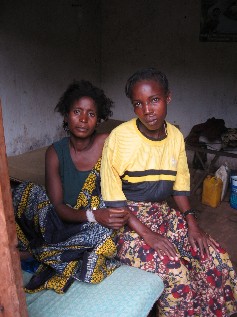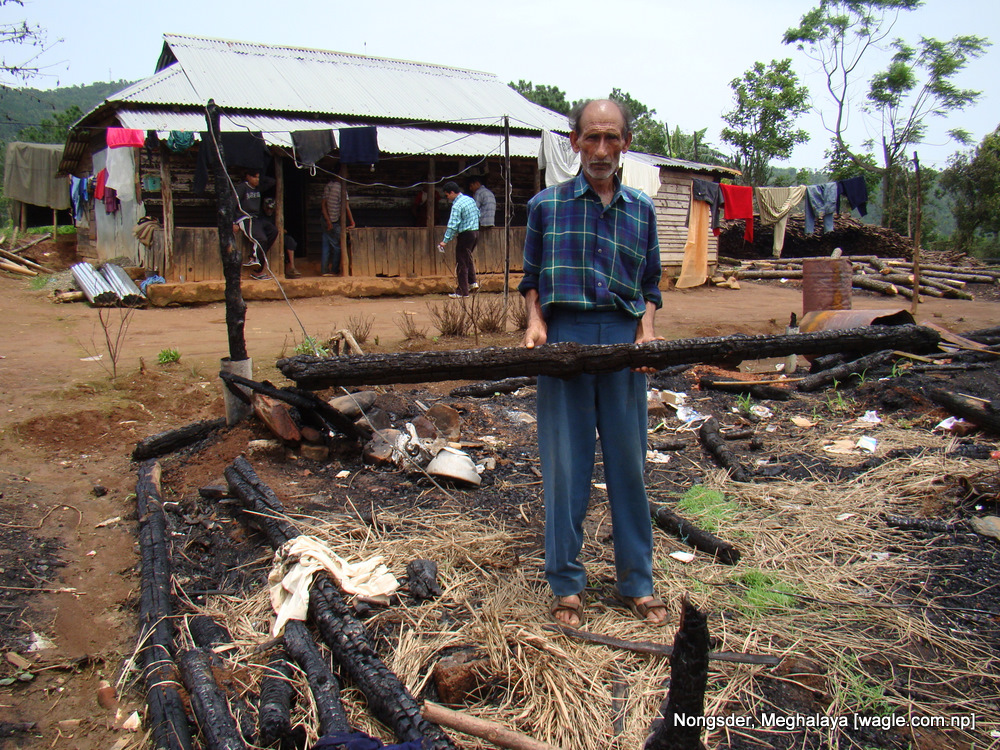
Dissident Li Hong, healthy prior to incarceration in 2007, suddenly fell ill and died last week at the age of 52. (Photo Courtesy of The Epoch Times)
By Joseph Juhn
Impunity Watch Reporter, Asia
BEIJING, China – Chinese dissident writer Li Hong passed away on December 31, 2010 at the age of 52. Mr. Li Hong was the founding editor of the popular Zhejiang News and also former chief-editor of the Chinese literary and news website Aegean Sea. At the time of his death, he was in his hospital bed, surrounded by a number of domestic security police.
Following Li’s death, Chinese authorities prevented other dissidents and human rights activists from attending his funeral, and also censored news of his death. This is due to Li’s long history of activism, which the communist government regarded to be “dangerous.”
Another dissident writer Chen Shuqing reported to The Epoch Times that police contacted Chen on the evening of Li’s death and told him not to leave Hangzhou for Ningbo. Chen, fearing if something had happened to Li in Ningbo, asked the police if anything was wrong with Li, but did not hear anything back.
“Quite a few others in Hangzhou have also received such warnings not to go to Ningbo,” Chen said.
Li Hong, born in Zhang Jianhong, was renowned for his writing career, which included poetry and plays. Li was charged in January 2007 with “inciting subversion against the state” and tried off the record in the Ningbo Municipal Intermediate Court. Li refused to plead guilty on any of his charge throughout the trial.
According Li Jiangiang, Li Hong’s lawyer, the charges were based on 62 articles he had written, most of which were regarding reports about live organ harvesting of Falun Gong practitioners, and his support for human rights attorney Gao Zhisheng’s hunger strike.
“Li Hong, a freelance scholar who does not practice Falun Gong, stood up at the first moment to condemn these crimes committed by the Chinese Communist Party (CCP). It is believed that as a scholar in China Li Hong touched the CCP’s sensitive spot: the CCP fears the public’s awareness and condemnation of its live organ harvesting of Falun Gong practitioners,” the New Epoch Weekly editorialized in January 2007.
Although healthy and hale prior to incarceration, Li’s health rapidly deteriorated and was soon diagnosed in August 2007 with muscular dystrophy. The Chinese authorities denied Li’s family’s repeated requests for medical parole, until June 2010, when his body was completely paralyzed and was not able to speak.
Li was then released for medical treatment on June 5 and was taken directly to the Ningbo Number Two People’s Hospital for intensive care, where he stayed until he died last week.
Zhu Yufu, Li’s colleague and one of the founders of Chinese Democratic Party formed in 1998, said with anger, “The authorities have killed Li Hong! It is yet another crime of theirs. Now they are frightened and are trying very hard to cover up the truth. They are keeping us from attending his funeral and expressing our condolences.
“Because Li Hong persisted and refused to compromise, they hated him and wanted him to die.”
For more information, please see:
The Epoch Times – Renowned Dissident Writer Li Hong Dies, Authorities Prevent Funeral – 4 Jan 2011
Human Rights in China – Human Rights in China Mourns the Passing of Dissident-Writer Li Hong – 7 January 2011
Chinese Human Rights Defenders – Dissident Writer Li Hong Passes Away – 3 Jan 2011

